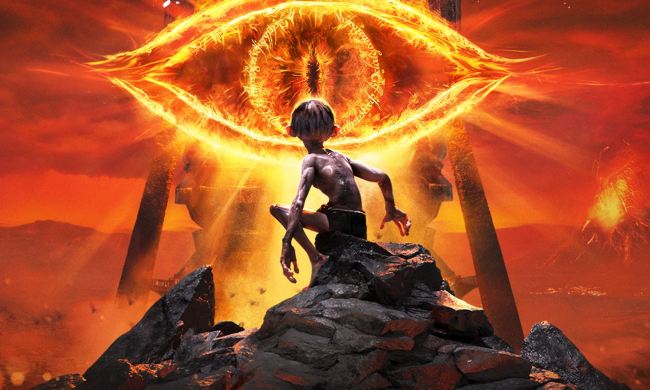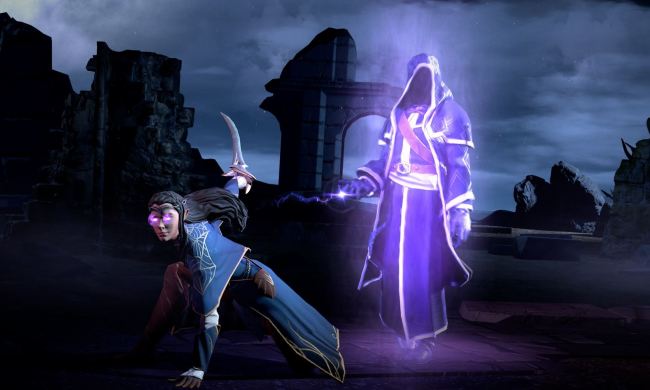Video game giant Embracer Group has obtained the rights for The Lord of the Rings and The Hobbit by J.R.R. Tolkien through its acquisition of Middle-earth Enterprises. The holdings company also acquired multiple other gaming studios to form its new group, Embracer Freemode.
Embracer Group has made major acquisitions recently, positioning it as one of gaming’s biggest forces. It made headlines earlier this year when it acquired Square Enix’s Western studios, obtaining the IP rights to franchises like Deus Ex. Now, the company holds the rights to the Lord of the Ring series — not just the rights to publish video games based on the franchise, but the entire IP.
The Lord of the Rings purchase is the most shocking bit of news from Embracer’s acquisition spree, but it’s only small piece of the company’s buying binge. Embracer Freemode will include the newly purchased Limited Run Games, Tuxedo Labs, Bitwave Games, Gioteck, Tripwire Interactive, Singtrix, and Tatsujin.
“Creators by their nature are at the forefront of industry-leading innovation and disruption, Lee Guinchard, Freemode CEO, said. “Founders are empowered to realize their true creative vision. Ultimately, our goal is to provide our entrepreneur-led companies with the essential resources to deliver the most exciting entertainment experiences for fans around the world.”
Bitwave Game, Tripwire Interactive, and Tuxedo Labs are game development studios. Bitwave also announced that it will be rereleasing retro titles like Truxton, Twin Cobra, Out Zone, and Zero Wing later this year. Tripwire is best known for games such as Killing Floor and Maneater, while Tuxedo Labs is the studio behind Teardown.
Tatsujin is Embracer’s first Japanese studio, led by Masahiro Yuge. Singtrix and Gioteck are more product companies, with the former focusing on music and audio gaming products while the latter creates gaming accessories like headsets and controllers. Limited Run Games creates physical copies of games and collector’s editions.



